
Home / Treatments / Carotid Endarterectomy
Coronary Artery Angiography (CAG) is a medical test to check the heart's blood vessels (coronary arteries) for blockages or narrowing. A special dye is injected into the arteries, and X-ray images are taken to see how blood flows through them.
 Symptoms of Coronary Artery Angiography (CAG) can vary, but common signs include:
Symptoms of Coronary Artery Angiography (CAG) can vary, but common signs include:
 Coronary Artery Angiography (CAG) performed to detect:
Coronary Artery Angiography (CAG) performed to detect:
 It’s essential to consult a doctor if you experience:
It’s essential to consult a doctor if you experience:
 Several factors can increase the risk for Coronary Artery Angiography (CAG), including:
Several factors can increase the risk for Coronary Artery Angiography (CAG), including:
 Your Physician may conduct the following tests:
Your Physician may conduct the following tests:
 CAG is a diagnostic procedure, not a treatment. Based on the results, treatments can include:
CAG is a diagnostic procedure, not a treatment. Based on the results, treatments can include:
 Do's:
Do's:
 Don'ts:
Don'ts:
No Package found
By using our services, your hospital bill does not increase. In fact, on your behalf, we negotiate with hospitals to give you the Lowest Prices
Get ConsultationSTEP 1
Let us know your details and preferences. We maintain absolute data confidentiality. All your health records are safe, and privacy is maintained.
STEP 2
A dedicated counsellor will help you with the Best Hospital & Doctors at the lowest possible Prices.
STEP 3
While you decide on the treatment plan, we assist you with priority appointments, Visa, Documentation, Hotel & other Logistics.
STEP 4
Our team assists you with all your local requirements like Hospitalization, Hotel Stay, Transportation, Food, Forex, Lab Tests, Medicines, etc.
STEP 5
We ensure a smooth discharge process. We also assist you in tallying your bills at the hospital, all necessary documentation, and your return trip.
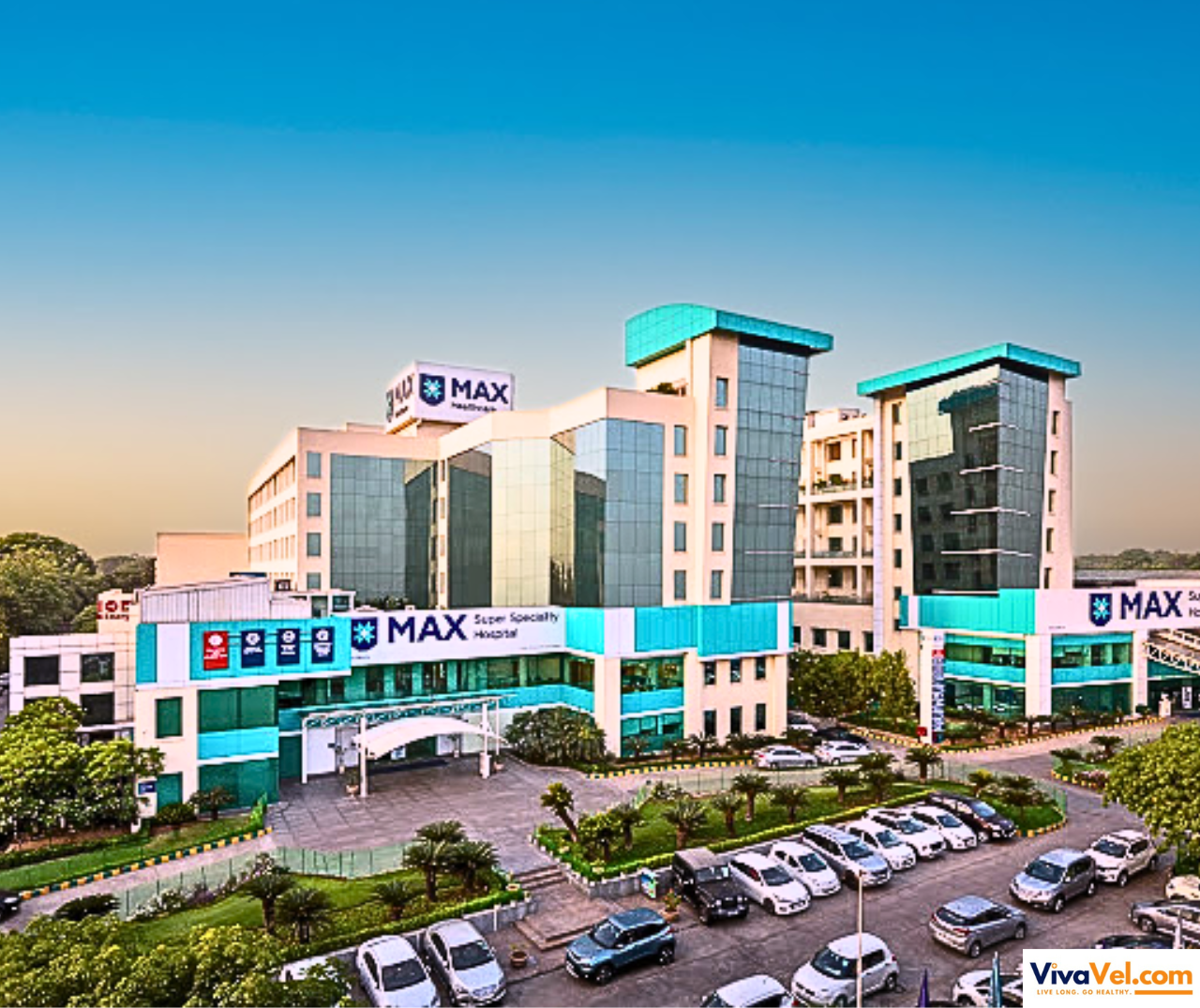






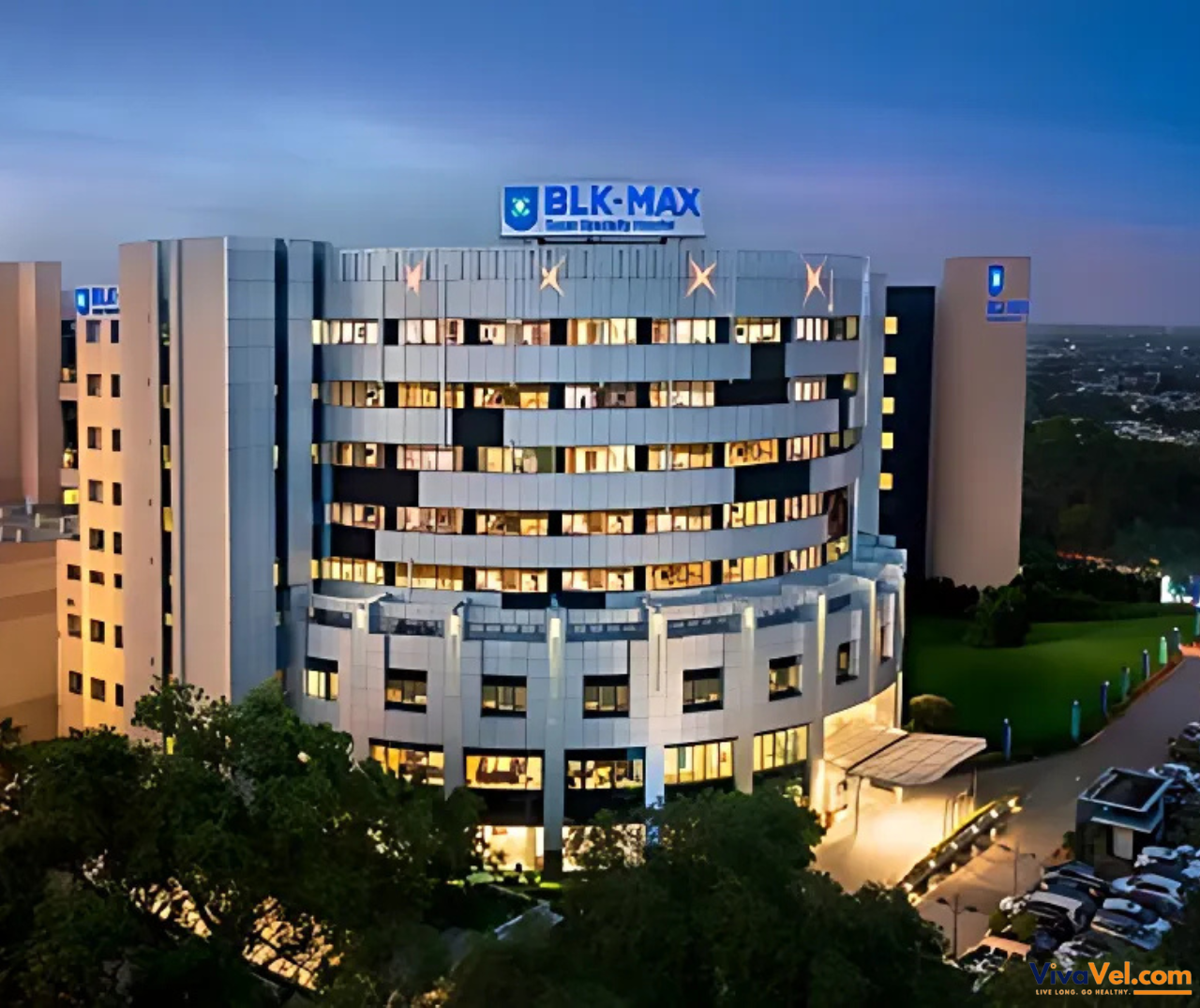



The hospital houses one of the largest and most prestigious critical care programs across various departments, including medical, surgical, cardiac, pediatrics, neonatology, neurosciences, and organ transplants.
















NABH
NABL







Recognized as the first NABH and NABL-accredited hospital in the state, Max Hospital has also received accreditation with NABH in Nursing Excellence.
The Chief Minister has honored it as the Best Private Hospital for COVID-19 in the State.




Services For International Patients,











Bangalore67455a80dd4bf.png)





,Gurgaon6745995882093.png)






















Apollo Hospital was recognized as the best multispecialty hospital in Kolkata in 2013 by THE WEEK-A C Nielsen Best Hospital Survey.
The facility has made significant medical advancements, including performing the first-ever Reverse Shoulder Prosthesis Replacement and launching IIndia'sfirst Cellvizio System for real-time cellular imaging.
In organ transplantation, it conducted the first-ever cadaver transplant in Eastern India and organized the region's first live CARTO workshop, showcasing its expertise in electrophysiology.
Beyond its medical excellence, Apollo Kolkata actively engages in various social initiatives.
Programs like SACHi support pediatric cardiac care, while the SAHI initiative aids children with hearing impairments.
The CURE Foundation focuses on cancer screening and rehabilitation, and the hospital collaborates with YOUWECAN for extensive cancer screenings.
Furthermore, it organizes nationwide health screening camps, utilizing telemedicine and mHealth technology to enhance accessibility for people in remote areas.





























KIMS Hospitals, recognized as the Best Hospitals in Hyderabad, is one of the largest corporate healthcare groups in India.
The hospital's prominence is underscored by its impressive patient numbers and extensive treatment options, as highlighted in the CRISIL Report.
In 2017, KIMS Hospitals received the prestigious Association of Healthcare Providers India (AHPI) award, further solidifying its reputation as the leading multi-specialty hospital in the country. Under its brand, KIMS Hospitals operates 15 facilities.












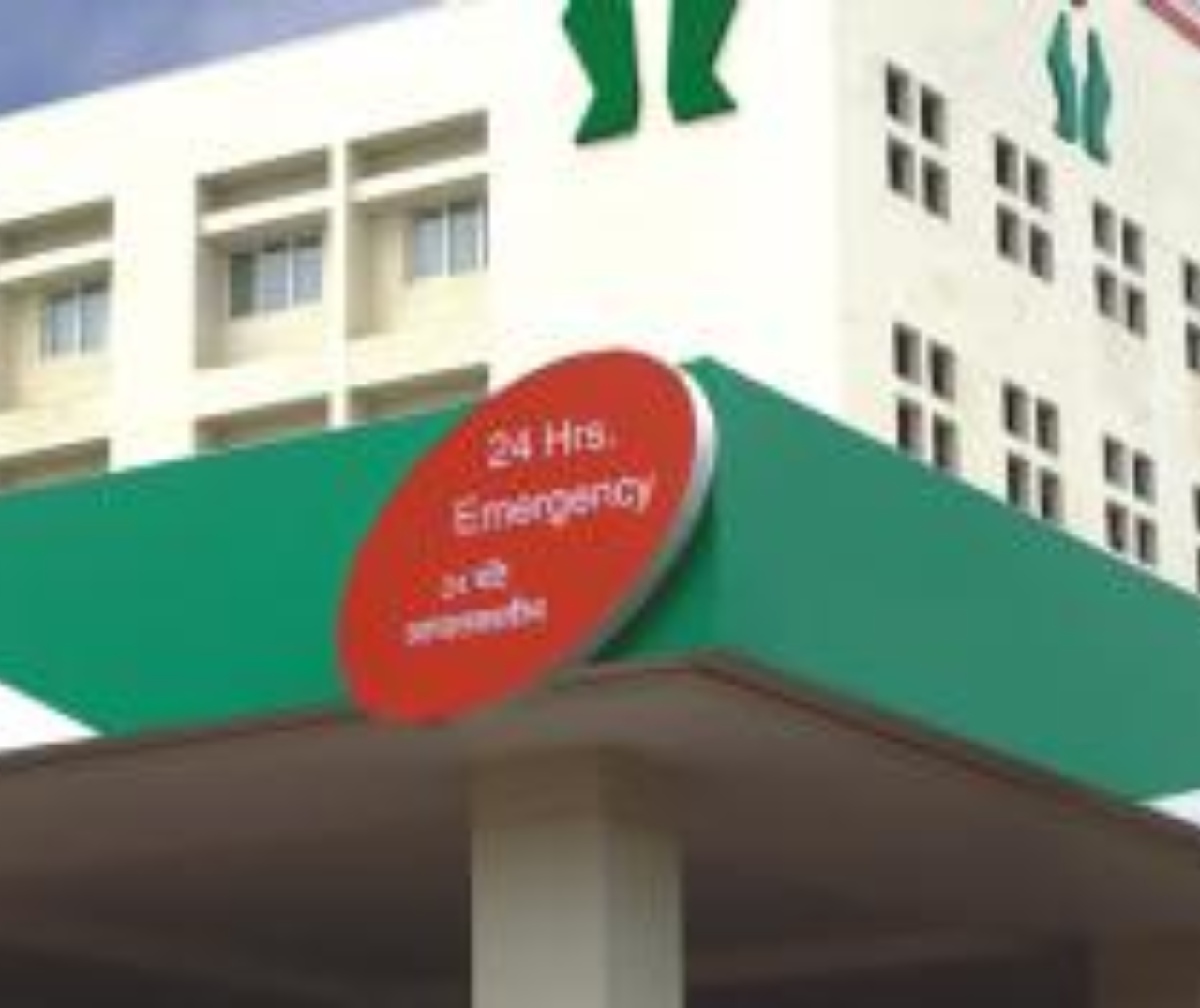















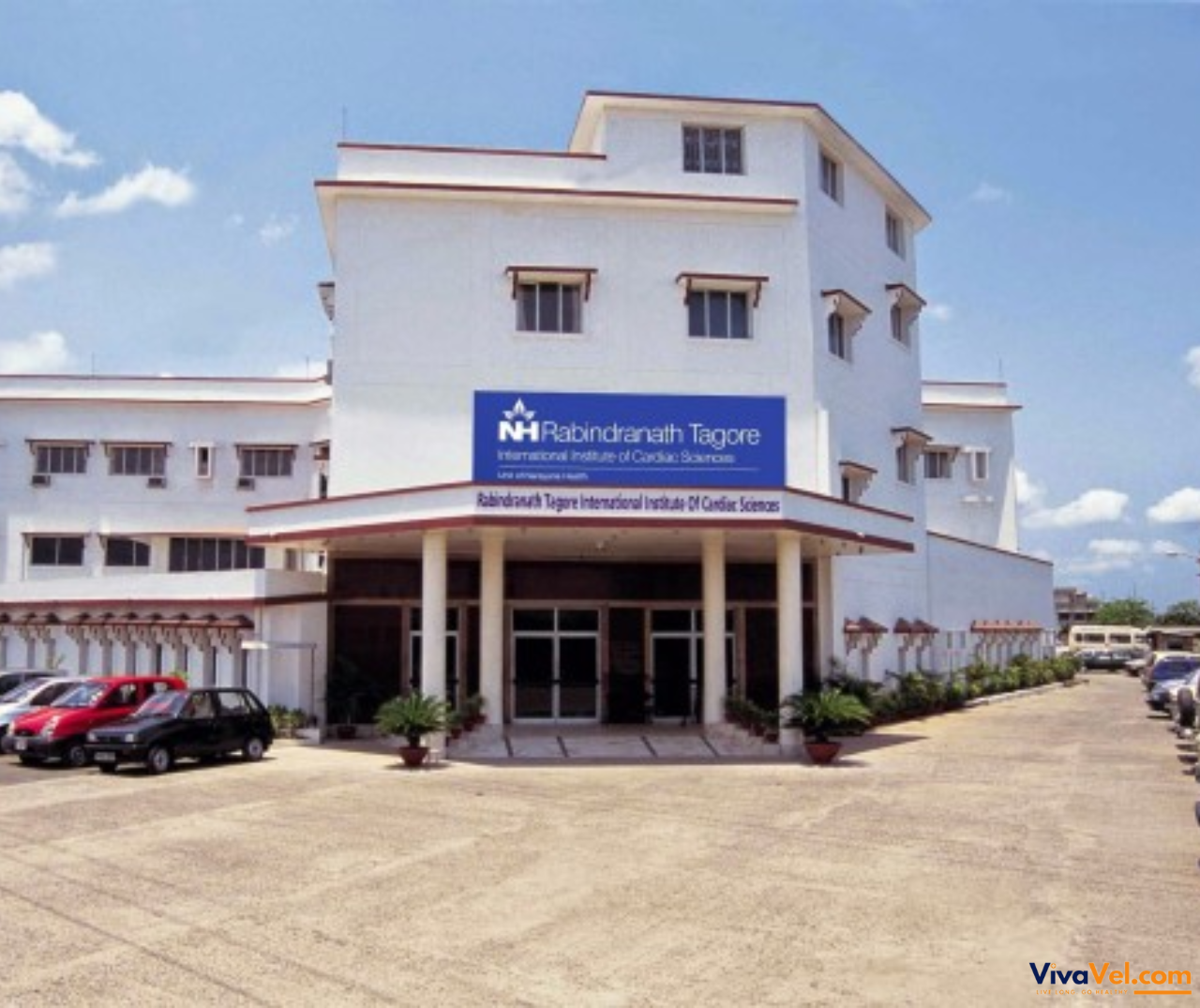








Peerless Hospital & B.K. Roy Research Centre, established in 1993, is a premier 500-bed multi-specialty corporate hospital in Kolkata. Built on the principles of ethical practice and selfless service, it has become a trusted name in healthcare in Eastern India. The hospital is renowned for its world-class facilities and a team of acclaimed medical practitioners dedicated to providing exceptional patient care.



















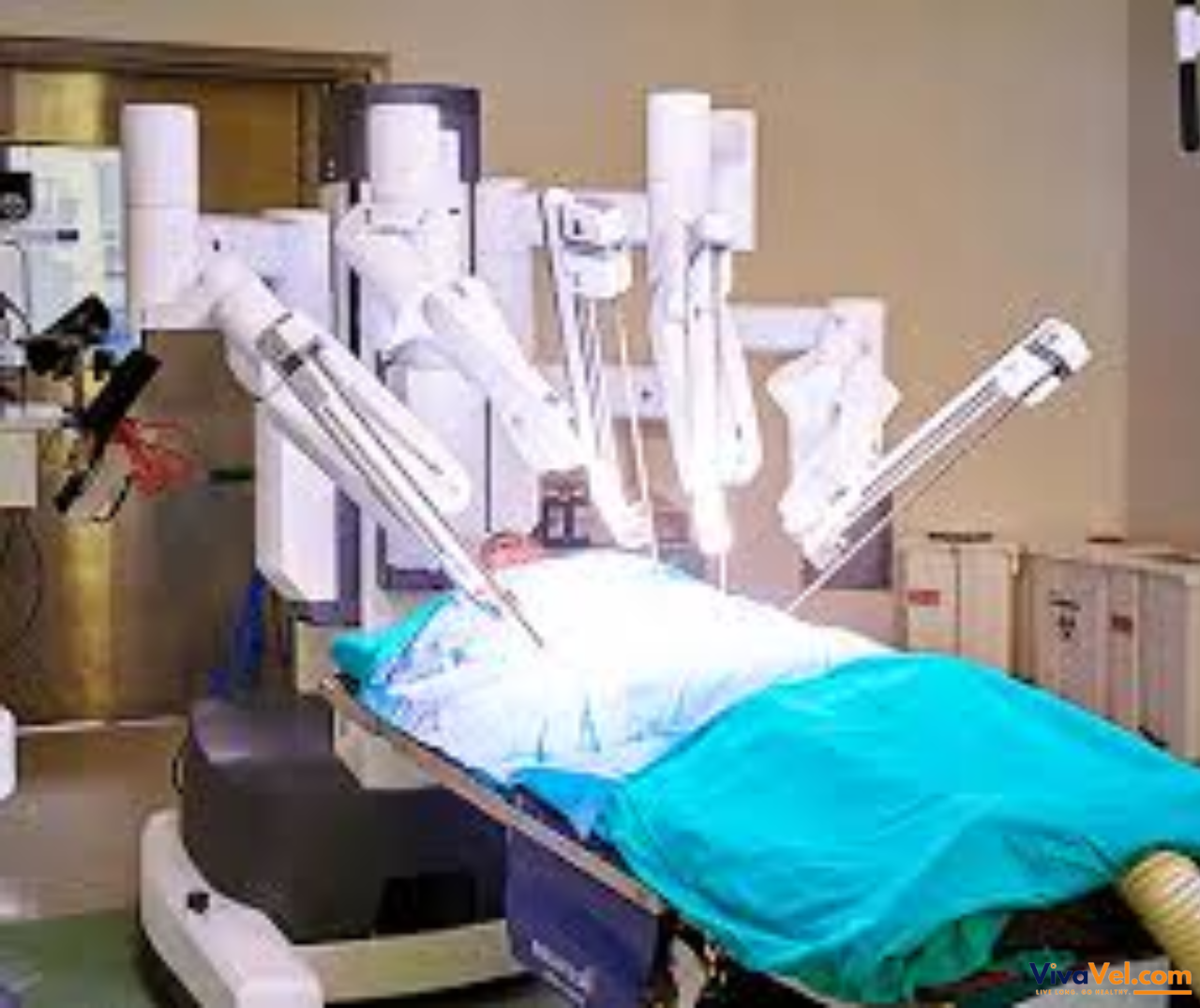


CHAIRMAN Cardiology
35 Years Experience
Cardiologist

Principal Director, Chief Surgeon & Head – Neonatal & Congenital Heart Surgery
30 Years Experience
Cardiologist
C.P.Roy6731b9f5125e1.png)
Visiting Consultant - Cardiology
38 Years Experience
Cardiologist

HOD
44 Years Experience
Cardiologist

Principal Director & Unit Head - Cardiac Sciences - Cardiology
25 Years Experience
Cardiologist

Chairman, Cardiac Sciences, Cardiac Surgery (CTVS)
45 Years Experience
Cardiologist

Chairman
30 Years Experience
Interventional Cardiologist

Director - Cardiology, Head - Non-Invasive Cardiology
30 Years Experience
Cardiologist

Principal Director and HOD - Cardiology
33 Years Experience
Cardiac Sciences, Cardiology, Cardiac Electrophysiology-Pacemaker, Interventional Cardiology

Director - Cardiac Sciences - Cardiology
No Doctor Found
15 Years Experience
Cardiac Electrophysiology-Pacemaker, Interventional Cardiology

Senior Consultant Cardiology
40 Years Experience
Cardiac Sciences | Non-Invasive Cardiology

Chief
30 Years Experience
Cardiac Surgeon

Senior Consultant
33 Years Experience
Cardiac Surgeon

Consultant
36 Years Experience
Interventional Cardiologist

Senior Consultant
45 Years Experience
Interventional Cardiologist

Senior Consultant
43 Years Experience
Interventional Cardiologist

Senior Consultant
33 Years Experience
Interventional Cardiologist

Senior Consultant
30 Years Experience
Interventional Cardiologist

Senior Consultant
38 Years Experience
Cardiac Surgeon
ManjinderSinghSandhu6746b0d88aed5.png)
Consultant
35 Years Experience
Interventional Cardiology

Senior Director Cardiology
39 Years Experience
Interventional Cardiology

Senior Director Cardiothoracic and Vascular Surgery
18 Years Experience
Adult CTVS (Cardiothoracic and Vascular Surgery)

Principal Consultant
15 Years Experience
Interventional Cardiologist

Associate Director of the Department of Cardiology
15 Years Experience
Interventional Cardiologist

Senior Director & Head of Non-Invasive Cardiology
22 Years Experience
Non-Invasive Cardiology

Director - Clinical Cardiology & Electrophysiology
28 Years Experience
Interventional Cardiologist

Additional Director Cardiology
30 Years Experience
Interventional Cardiology

Senior Vice Chairman, Senior Cardiac Heart Surgeon & Head MICS
28 Years Experience
Cardiac Surgeon

Senior Consultant (Visiting)
38 Years Experience
Cardio Thoracic Surgery

Consultant
10 Years Experience
Cardiac Surgeon

Director-Cardiac Cath Lab
15 Years Experience
Interventional Cardiologist and Electrophysiologist

Senior Consultant
17 Years Experience
Interventional Cardiologist

Senior Consultant
14 Years Experience
Interventional Cardiology

Head - Pediatric Cardiology & Senior Interventional Cardiologist
18 Years Experience
Pediatric & Congenital Heart Disease

Senior Consultant
36 Years Experience
Interventional Cardiologist

Director Cardiology
18 Years Experience
Cardiac Sciences | Electrophysiology | Interventional Cardiologist

Senior Consultant
14 Years Experience
Cardiac Sciences | Interventional Cardiology

Chairman
40 Years Experience
Interventional Cardiologist

Director Non-Invasive Cardiology
33 Years Experience
Cardiac Sciences | Non-Invasive Cardiology

Director Cardio Thoracic Vascular Surgery
20 Years Experience
Cardiac Sciences | Adult CTVS (Cardiothoracic and Vascular Surgery)

Director Cardio Thoracic Vascular Surgery
28 Years Experience
Cardiac Sciences | Adult CTVS (Cardiothoracic and Vascular Surgery)

Principal Director - Cardiology
30 Years Experience
Cardiac Sciences | Interventional Cardiology

Director Non-Invasive Cardiology
38 Years Experience
Cardiac Sciences | Non-Invasive Cardiology

Chairman Cardiology
38 Years Experience
Cardiac Sciences | Interventional Cardiology

Executive Director, Cardio Thoracic Vascular Surgery
32 Years Experience
Cardiac Sciences | Adult CTVS (Cardiothoracic and Vascular Surgery)

Consultant
38 Years Experience
Cardiac Sciences | Interventional Cardiology

Additional Director Non-Invasive Cardiology
21 Years Experience
Cardiac Sciences | Non-Invasive Cardiology
VineyJetley6761462e8573c.png)
Director Cardiology
28 Years Experience
Cardiac Sciences | Interventional Cardiology

Director Cardiology
20 Years Experience
Cardiac Sciences | Interventional Cardiology

Director Cardiology
17 Years Experience
Cardiac Sciences | Interventional Cardiology

Senior Consultant
18 Years Experience
Cardiac Sciences | Interventional Cardiology

Chairman and Head Adult Cardiac Surgery
35 Years Experience
Cardiac Sciences | Adult CTVS (Cardiothoracic and Vascular Surgery) Organ Transplant | Heart Transplant

Director Cardio Thoracic Vascular Surgery
30 Years Experience
Cardiac Sciences | Adult CTVS (Cardiothoracic and Vascular Surgery)

Director - Interventional Cardiology
31 Years Experience
Cardiac Sciences, Cardiology, Interventional Cardiology

Associate Director - Unit Head CTVS
15 Years Experience
Cardiac Surgery (CTVS), Cardiac Sciences

"VivaVel" has truly made a life-changing impact on our lives during a challenging time. My wife was diagnosed with Polycystic Ovarian Disease (PCOD), and despite consulting three different doctors in Bangladesh, we were unsatisfied and uncertain about the way forward. It was a confusing and challenging phase until a friend recommended VivaVel.
From the moment "I contacted them", VivaVel provided exceptional support and guidance. They arranged telemedicine consultations with two renowned international doctors, giving us the confidence to make an informed decision. After careful consideration, we selected one of the doctors for my wife's treatment.
VivaVel's assistance went above and beyond our expectations. They helped us with critical processes like obtaining a medical visa invitation letter, visa processing, and coordinating my wife's admission to "Artemis Hospital" in Delhi. They even suggested comfortable accommodations for me as a patient attendant.
What truly stood out was their unwavering support throughout our journey. The "VivaVel team" was always just a phone call away, offering guidance and reassurance during our stay in Delhi. Their professionalism and dedication to helping patients and their families are truly commendable.
I am incredibly grateful for the care and support from "VivaVel." They were a beacon of hope for us during this difficult time, and I sincerely hope they continue their outstanding service to help more needy patients.
Thank you, "VivaVel," for being there for us every step of the way!
Mr. Hoque, Dhaka, Bangladesh
Patient name: Shanta Islam, Dhaka, Bangladesh

Note : VivaVel does not provide medical advice, diagnosis or treatment. The services and information offered on www.vivavel.com are intended solely for informational purposes and cannot replace the professional consultation or treatment by a physician. All Copyrights are reserved with VivaVel. VivaVel does not allow copying and cloning of its webpages and contents. VivaVel reserves the right to follow the legal procedures to protect its intellectual property.
Copyright © 2024 VivaVel.com . All Rights Reserve.




